Researchers at the University of Waterloo have made new discoveries about 3D printing processes for metal and material layer thicknesses, which are closely related to the growing surgical plastics application industry.
On the influence of precipitation protocols and layer thickness on the physical and mechanical properties, written by Ahmad Basalah, Shahrzad Esmaeili, and Ehsan Toyserkani. The article "of additive application titanium porous bio-structures)" summarizes its recent research. This study provides hope for manufacturers to better control the mechanical and physical integrity of 3D printed medical implants.
The research team pointed out that aseptic loosening, that is, the tight connection between the implant and the bone, often leads to the patient undergoing surgery again after the joint replacement surgery. Looseness is usually caused by stress occlusion, because stress occlusion makes bones lack density, and implants sometimes cause weakening of bone function. Therefore, it is clear that the creation of bone implants is a serious and inevitable process involving complexity and precision.
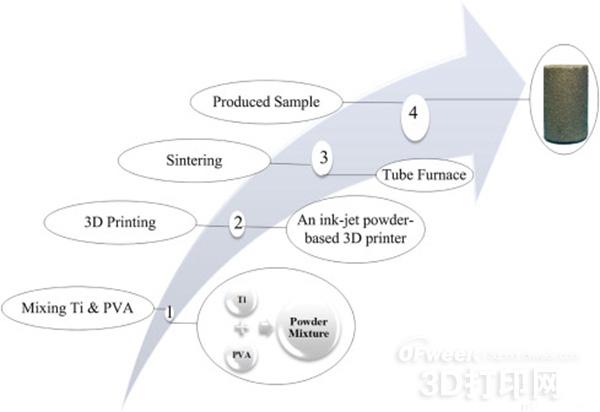
Titanium is popular in many applications for its strength and reliability, and it is used in medical implants for its good biocompatibility. As an implant material, it provides higher corrosion resistance than other materials because it forms a protective oxide layer on the surface of the implant. To reduce potential stress shielding problems and other benefits offered by titanium, researchers believe that titanium foam structures are the best choice because such structures allow for proper hardness and weight.
“We have tried several times to use titanium foam structures to simulate the performance of cortical bone,†the researchers said.
The researchers did several different studies, and they manipulated porosity and mechanical properties by changing the three variables of powder particle size, sintering temperature, and powder compaction level.
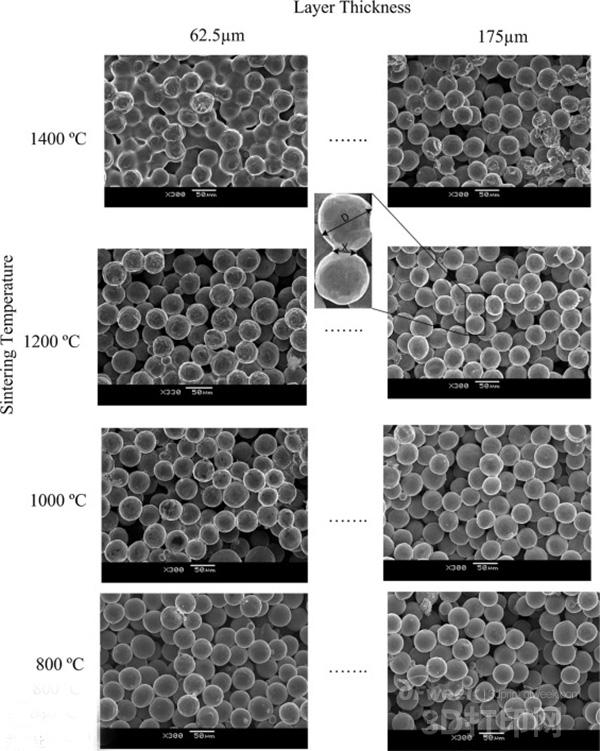
“The results show that the reduction in porosity is related to the linear increase in Young's modulus. At the same sintering temperature, the change in the size and compaction level of the powder particles can greatly affect the porosity. However, simply changing the sintering temperature It did not cause significant changes in porosity. It was concluded that the key factors affecting porosity were the initial powder size and powder compaction level,†the researchers said in their paper.
The researchers studied how layer thickness affects powder compaction and temperature changes during 3D printing affecting the attachment of the implant to the bone, with the goal of eliminating implant loosening, inflammation, and the like.
“In the paper, we developed a model to predict the density of printed parts, so that we can calculate the stiffness and strength that printed parts can provide,†said Ahmad A. Basalah, Ph.D., Department of Mechanical and Mechanical Engineering at the University of Waterloo. We can optimize the printed parts by printing materials."
In this study, the researchers used a titanium metal powder with a diameter of 38–45 μm to print samples in 3D using a 3D Systems ZPrinter 310 Plus. They printed four different types of layer thicknesses to check the powder compaction, and the sintering temperatures were set to 800 ° C, 1000 ° C, 1200 ° C, 1400 ° C, respectively.
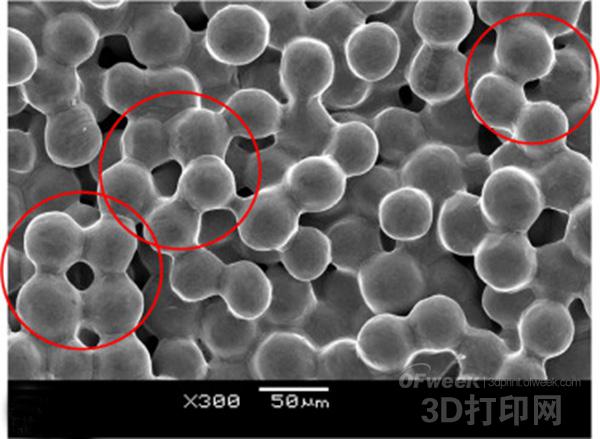
The researchers reported that the sample was cooled by the furnace at the end of the sintering process. They also provided other research content, including porosity studies, compression tests, shrinkage measurements, microscopic characterization, and statistical analysis.
Their test results show that as the sintering temperature increases, the layer thickness directly affects the porosity. “At the highest sintering temperature (1400 ° C), the reduction in layer thickness results in a significant decrease in porosity. At other sintering temperatures, the porosity will only decrease relatively,†the researchers said.
The research team reported that the average flexural strength of the samples increased significantly as the sintering temperature increased (P < 0.05). They saw that when the temperature was 1000 ° C, 1200 ° C, 1400 ° C, the growth of the yield strength was very obvious, but when the temperature was 800 ° C, the growth was not obvious.
The increase in temperature leads to an increase in shrinkage. "In addition, according to a two-way variance statistical test, the interaction between sintering temperature and powder compaction significantly increased the shrinkage (P < 0.05) from both directions," the researchers said.
In summary, they found that the compaction of the powder affected the porosity, strength, stiffness and dimensional deviation of the porous metal 3D printed structure.
In combination with the sintering temperature, the researchers observed that the two parameters directly and physically affect the printing results of the 3D printed parts. Powder compaction and temperature can affect the size of the sintered neck and the "pore volume" in its structure.
“In addition, regression analysis shows that there is a good fit between the pore model and the experimental data,†the researchers concluded.
In this study, the model and experimental results constructed by the researchers were consistent, which bodes well for the continued use of 3D printed implants and the titanium foam structure used to simulate cortical bone properties.
Outdoor Modular seating Furniture
Modular seating furniture that is section sofa or garden set sofa, semi-round design or round design, L design sofa and so on.
Relax and unwind in thick, all-weather seat and back cushions
excellent hand weaving and sofa waterproof fabric, that is your first choice for garden relax.
· Handwoven premium resin wicker UV resistant
· Rust-resistant powder-coated frames
· Cushions included with 30 density sofa foam
· Versatile tempered glass tables
· Cushions also available with 100% waterproof fabric.
Outdoor modular seating furniture with different style and hand weaving
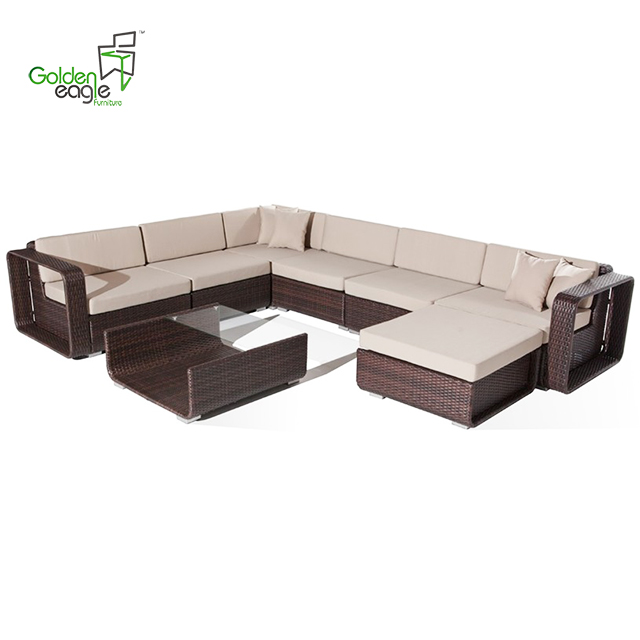
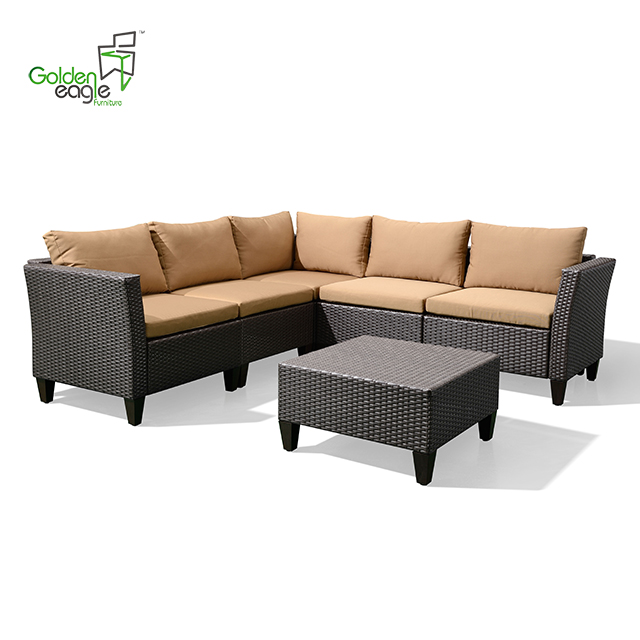
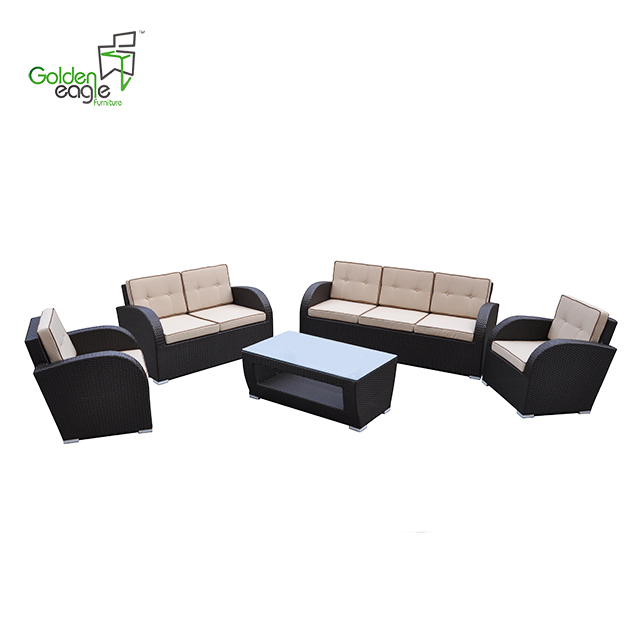
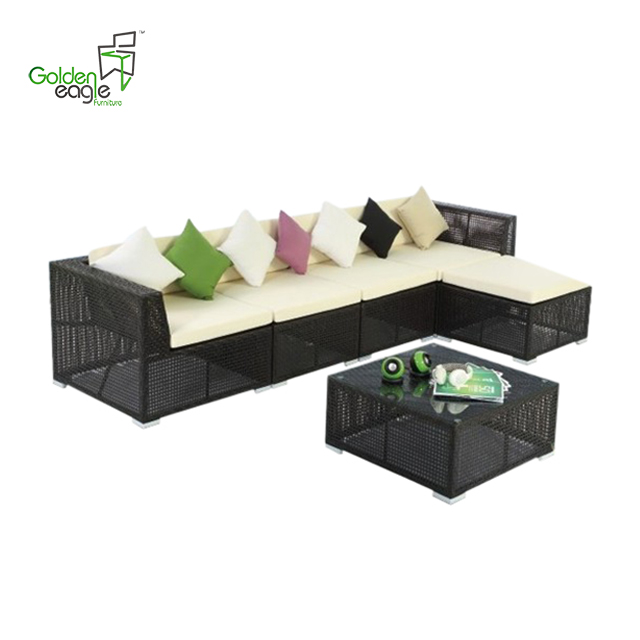
If you have any questions, please contact with us directly. Outdoor Sofa Furniture are produced
by Golden Eagle Outdoor Furniture With High Quality and Good Appearance. Welcome you can visit our Factory.For any inquiry,Please send mail directly to us.
Modular Seating,Wicker Sofa Set,Outdoor Sectional Sofa,Garden Outdoor Sofa
Golden Eagle Outdoor Furniture Co., LTD. , https://www.geoutdoorfurniture.com